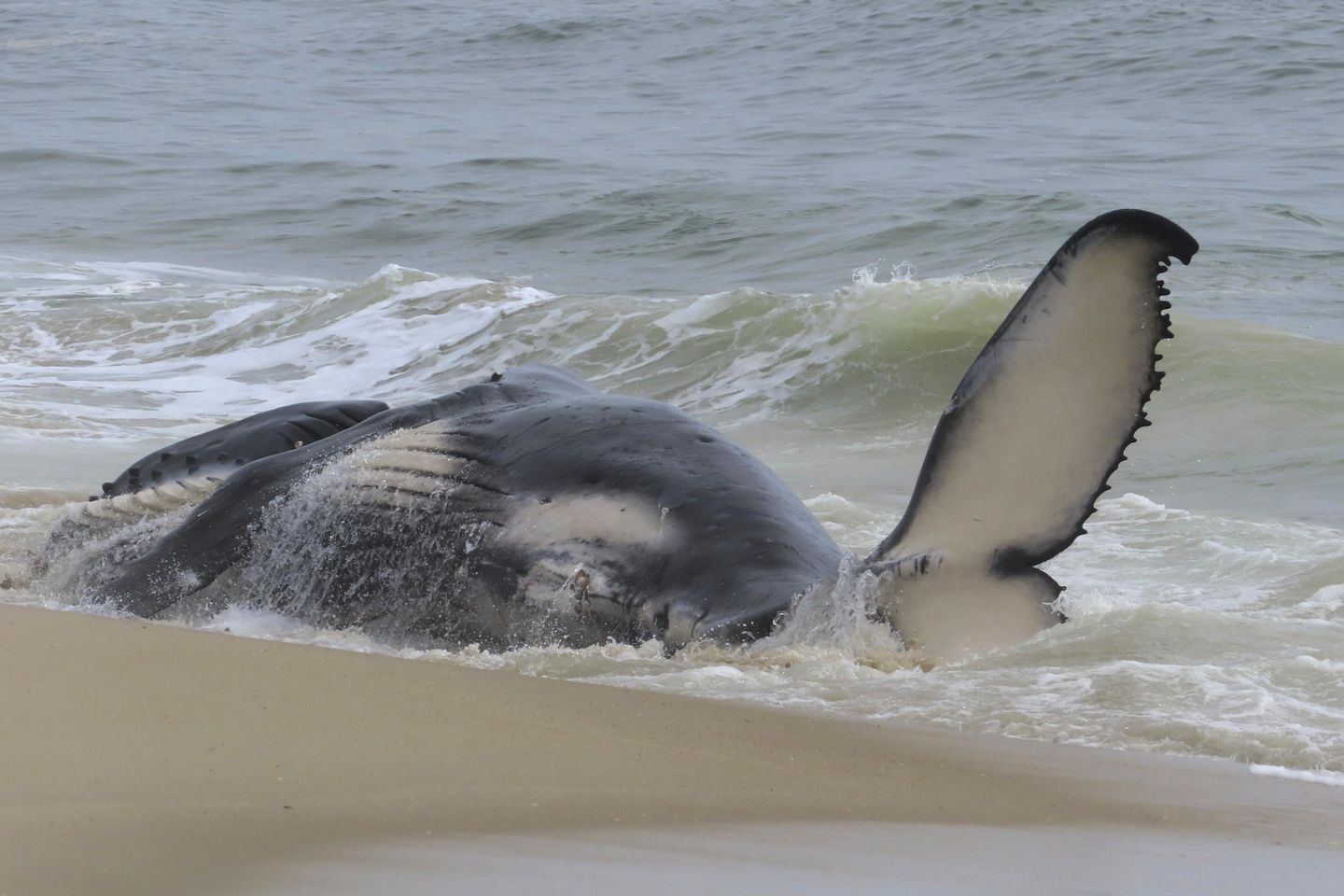The post-mortem examination of a whale that washed ashore on New Jersey’s Long Beach Island revealed that the animal had suffered multiple blunt force injuries, including a fractured skull and vertebrae. The findings suggest that the whale may have been struck by a vessel, leading to its death. The examination was conducted by a team of experts to determine the cause of death and gather information about the animal’s health and well-being prior to its demise.
The discovery of the whale’s injuries highlights the dangers that marine animals face from human activities, particularly from collisions with boats and ships. Vessel strikes are a leading cause of mortality among whales and other marine mammals, posing a significant threat to their populations. Efforts to reduce the risk of collisions include speed restrictions in areas where whales are known to frequent, as well as education and outreach programs to raise awareness among boaters about the importance of avoiding marine wildlife.
The post-mortem examination also provided valuable insights into the overall health of the whale and any underlying health issues it may have had. By examining the animal’s organs, tissues, and bones, researchers can gain a better understanding of the factors that may have contributed to its death, such as disease, malnutrition, or environmental stress. This information can help inform conservation efforts and management strategies to protect whale populations and their habitats.
In addition to determining the cause of death, the post-mortem examination may also shed light on the species, age, and gender of the whale, as well as its migration patterns and behavior. This information can contribute to ongoing research efforts to monitor whale populations and track changes in their distribution and abundance over time. By studying individual whales in detail, researchers can piece together a broader picture of the health and status of whale populations in the region.
Overall, the post-mortem examination of the whale that washed ashore on Long Beach Island serves as a reminder of the threats facing marine animals and the importance of conservation efforts to protect them. By studying the causes of death and health issues affecting individual animals, researchers can work towards understanding and addressing the underlying factors driving declines in whale populations. Through collaboration and data-sharing, scientists and conservationists can develop effective strategies to mitigate human impacts on marine wildlife and ensure a sustainable future for whales and other marine species.









